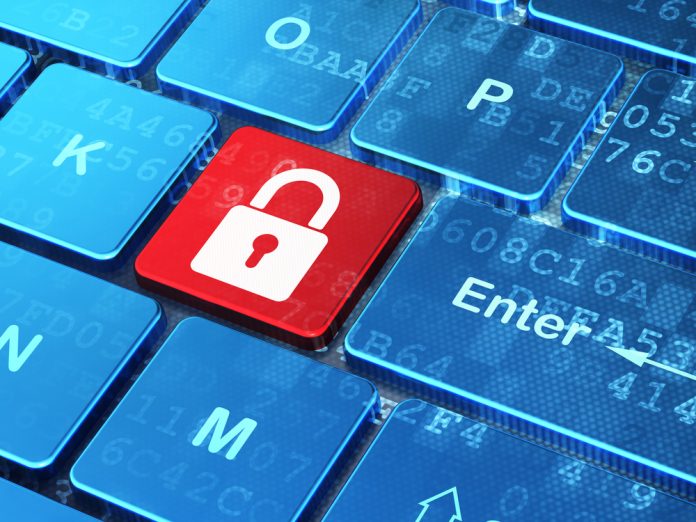Cyber-attacks are terrible events you don’t think will happen to you, until one does of course.
While we may only think big companies get targeted, if you own a small or medium-sized business, you should take just as much precaution. Cybercriminals are likely to attack you too, mostly because they’ll feel you’ll have less security than much bigger conglomerates.
In April 2019, it was reported by the BBC that research from Hiscox found that 55% of British firms reported a cyber-attack in 2019. This research was conducted on more than 5,000 small to large-sized businesses across seven countries. 60% of companies across all countries had experienced an attack.
How can you stop it from happening? There are a number of steps that small and medium-sized businesses can take to prevent cyber-attacks, which we’ve highlighted below.
Prepare for Mobile Devices
These days, many companies operate a system where employees use their own devices. This can be anything from using their own laptop or phone to access work, to the company primarily using freelancers. Therefore you’ll need specific precautions to stop cyber-attacks. Everything from changing passwords and conducting updates can help, as can using Multiprotocol Label Switching (MPLS) software.
Firewalls
It may seem obvious, and a little simple. One of the first lines of defense is to have a firewall, and if you don’t have one, you’re already setting yourself up for a fall. These firewalls help to build up a barrier between you and anyone looking to hack into your data.
Alongside the regular firewall, there are other lines of firewall defense you can take, which include installing it on employees’ devices if they work from home a lot. All of these will need regular updates to ensure that they’re performing to the highest standard.
Anti-Malware Software
While you may know not to open phishing emails, not everyone does. Since this involves installing malware on to a device once a link is clicked, ensuring you have anti-malware software installed, and regularly updated, is of vital importance.
Backup Data
This is something that should be done regularly. Even when you have lots of protocols in place, something could still happen, which could leave your information vulnerable. Therefore, if you have everything backed up externally or online, you’ll always have your information safe and secure should anything happen.
Multifactor Identification
While everyone may be clued up, and you’ve taken a number of steps to counteract cyber-attacks, someone could still do something that could compromise data. But, many companies, including Microsoft, use multifactor identifications. This means a person would need to use more than one way to log-in to things. Using personal phones is a good way to do this, where a text message will send them a login number to use after entering their password, for that extra layer of security.
Find a Home-Based Business to Start-Up >>> Hundreds of Business Listings.

















































